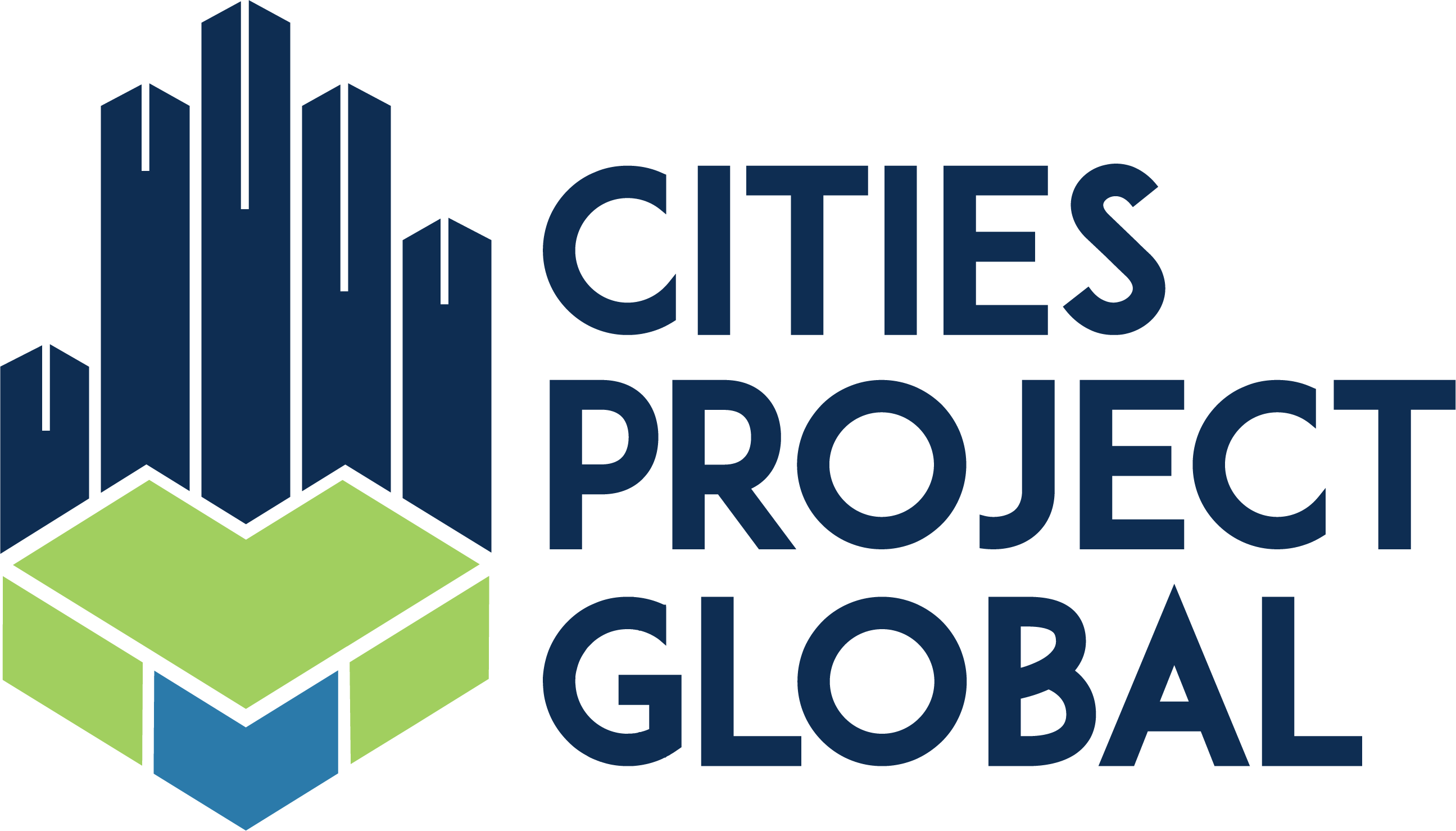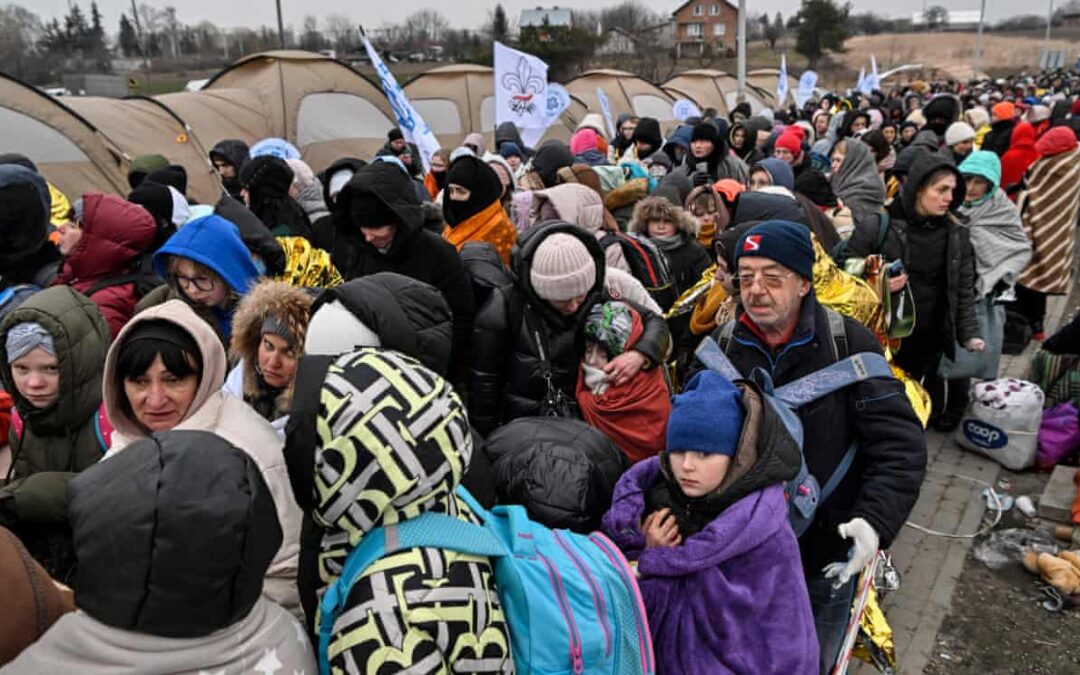In recent days we have watched, collectively as a world, as Russia’s invasion of Ukraine has unfolded.
Since last year, some of us have been trying to guess at Putin’s intentions as he has amassed forces on the border. Since last week, many of us have been checking the news each day as the Russian army advances on Ukrainian cities, looking for predictions on how it will all end. The fear of a widespread European or World War has taken up residence in many of our minds as we question what we should do and how we should respond.
It is true that the future is in God’s hands; none of us knows what will come in the days ahead. The present also is in God’s hands — but it is in ours as well. It is right for us to pray for an end to war and for our leaders to enact justice and make decisions that bring that possibility closer. But it is also right to take action in alignment with our hopes and values.
At the time of writing, over one million refugees have fled Ukraine, pouring into Poland, Slovakia, Hungary, Romania, Moldova, and Russia. UNICEF has reported that this may be Europe’s largest refugee crisis since WWII, and in the near future, Ukrainian families around the world will likely look to receive their relatives.
Many news outlets are reporting accounts of neighboring countries rising to the occasion. In Poland — and elsewhere — citizens are arriving at the border, offering rides and provisions to those seeking refuge. Humanitarian organizations are rallying, and Germany and Austria are offering free train travel to those seeking to reach their countries.
The European response has been, by and large, unified, and the actions of those meeting Ukrainians at the border have embodied a core part of God’s nature: hesed.
Hesed is a word that both encapsulates and goes beyond love. It is God’s faithfulness to Jacob, even when he lives in deceit. It is Ruth’s devotion to Naomi, even though it would be easier for her to return to her homeland after her husband’s death. It is Nehemiah putting himself in harm’s way to take personal responsibility for rebuilding the wall.
It’s a covenant love that sees a need and takes action — we have written more extensively about it here and here. If through prayer we commit our trust and future to God, then through hesed we commit ourselves to bearing love to our neighbors, being image-bearers of God. Hesed makes one thing clear: well-wishes and thoughts are not enough. Modeling the love of God looks like going out of our way for those we see in need.
While Ukrainian refugees may or may not be arriving on your doorstep at this time, there are many ways to still take action or give to organizations on the frontline of this crisis. Closer to home, there are also always people in need. Who is on your doorstep? Who can you reach with love in action?
Together with you, we continue in both prayer and hesed.
Photograph: Louisa Gouliamaki/AFP/Getty Images


Recent Comments